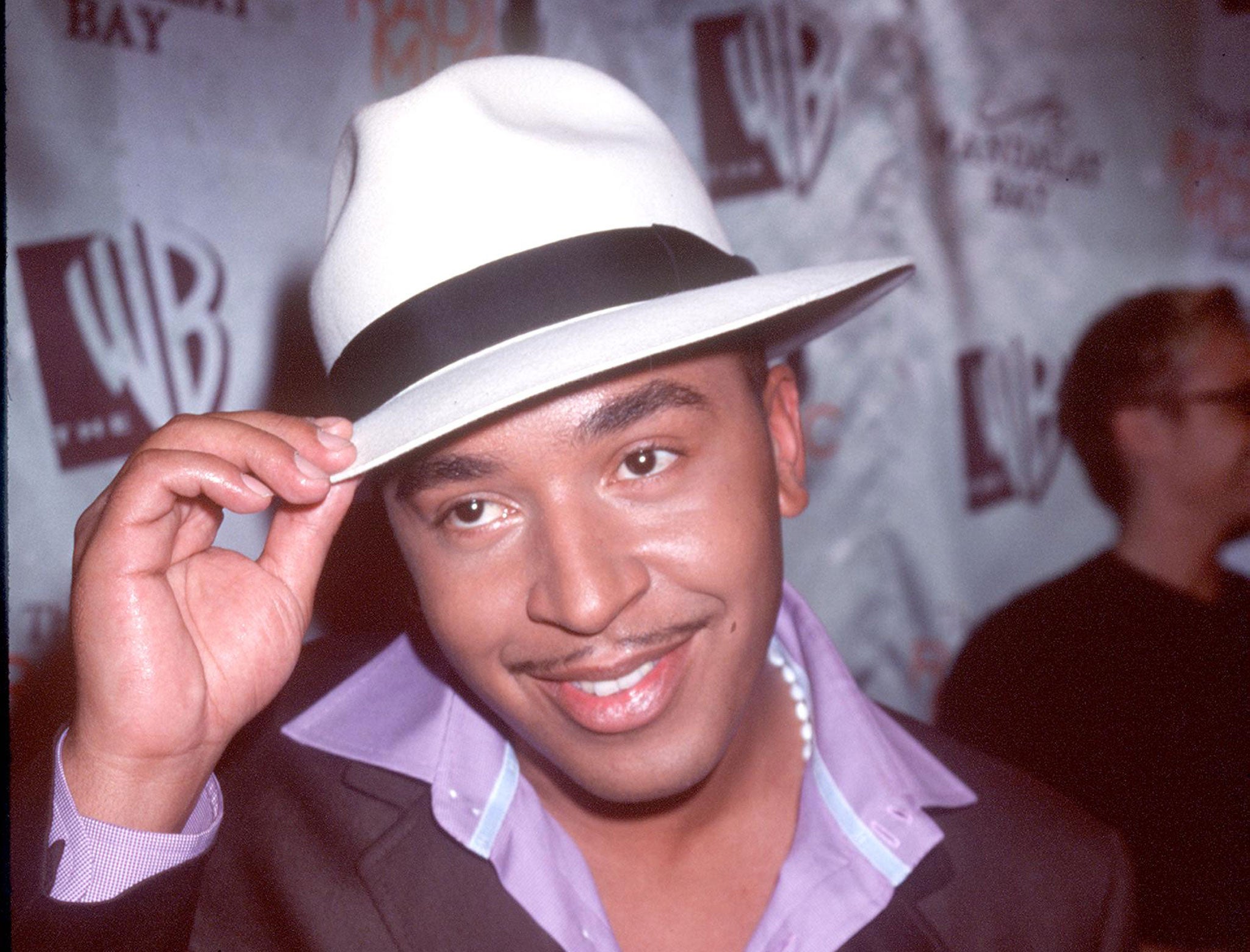I’ve got a splitting headache. Would you mind turning the music up?
Music is therapy, for all ages. I just wish Westminster council knew that...


The doorbell pealed and the knocker went rat-a-tat-tat at 1.06am on Sunday at the height of a 60th-birthday party, when all the guests were in the kitchen dancing to “Mambo Number 5”.
In the doorway stood an earnest young woman from Westminster Council, trying to keep an important-looking piece of paper from succumbing to the rain, while, behind her, silent but threatening, loomed a large and sulky minder.
“Your neighbours have complained about the noise,” she said briskly, “and I’m serving you this document so that you know the sounds from this address constitute a public nuisance.” “Oh dear,” I said feebly, “I didn’t know the sound system could be heard outside the house.” “Yeah, but you have your back doors and French windows open,” she said sharply. “Why would you even do that?”
Next day, I felt that life had taken a funny turn when I was being ticked off for playing music too loudly by a young woman half my age. And I fell to pondering the connection between noise and behaviour. Why do we play Lou Bega, Sister Sledge and Adam Ant at deafening volume? What’s the point?
It’s to do with pain, isn’t it? Last week Lloyds Pharmacy revealed the results of a study, in which they checked out 1,500 pain sufferers and asked how they coped with it. Forty-one per cent said by listening to music, mainly pop music: favourite tracks were the reassuring “Bridge Over Troubled Water” by Simon and Garfunkel, Robbie Williams’s “Angels” and “Albatross” by Fleetwood Mac. They said absorption in music helped alleviate physical suffering.
This week, researchers at Great Ormond Street Hospital recommended that parents sing lullabies to children who’ve hurt themselves – not to croon them to sleep but to ease pain. It’s as if music awakens a part of the brain which drives emotions, and sends them to eclipse feelings of discomfort. When you sing “Wee Willie Winkie” to your stricken three-year-old, it’s like a cold compress on his fevered brow.
If only such treatment could also work for grown-ups – if the Manchester coach could run onto the pitch and treat Wayne Rooney after a crunching tackle by singing “Twinkle Twinkle, Little Star”; or if A&E staff at Guys Hospital could assist a Saturday-night mugging victim with a burst of “Kumbaya My Lord”.
Of course this train of thought led eventually to that visit from Westminster Council. How could they not realise that playing “Mambo Number 5” at shocking volume, with the windows open, definitely counted as therapy, just as it did in the other cases? It was simply the best way of distracting a kitchen-full of baby boomers from the all-too-real pain and vivid trauma of turning 60…
Bad news for oenophiles
Of all chilling headlines, the one in the New Statesman this week took the biscuit: “Will the world’s wine supplies run dry?” There were two statistics, twinned in a helix of horror: global wine production is falling, and we’re drinking more of it. Production of the Grape Eternal is at its lowest level in 40 years. The only hope lies in the news that wine drinking in France, Spain and Italy has plummeted since 1980, while it’s zoomed up in China and America. Can we demand a Europe-wide push in consumption, to even the numbers? And if French, Spanish and Italian drinkers fall below a certain annual quota, can’t they just give us their wine so we can help out? No need to thank us. Happy to help.

Join our commenting forum
Join thought-provoking conversations, follow other Independent readers and see their replies